We are now coming into November. The TV is quite littered with political ads peddling support for election or a cause, new administration, referendum, climate change, or abortion. Depending on one’s will, dedication, and passion, decisions will be made on November 8th. Whatever is true for you, may it come out in your favor. I have written blogs over the years. I have two rules. One, each will be on one page. Nothing except suggestions or references to get information that may be of personal or family use. My focus is always related to information useful to the recovery movement. This narrow focus, along with many others, has brought us a long way since our first summit meeting in St. Paul in 2001. The recovery movement has come a long way. A lot of research, the aftermath of the Pandemic, and the concern over the confusion for children and families underlie a very divided nation. We will know more after the election.
In St. Paul, I met two persons who made a significant impact on my understanding of the nature and purpose of MARS (medically assisted recovery) —Lisa Mojer-Torres and Walter Ginter. Later, we were to be recognized with America Honors Recovery Awards. Lisa’s input certainly added to my wisdom and understanding. Over the past years I, along with thousands of others, have increased our knowledge of the science of addiction through reading, listening, and speaking. Lisa. wrote with Bill White, in the 2010 monograph, Recovery-Oriented Methadone Maintenance. Bill White wrote, “My thinking about medication-assisted recovery had been evolving for years from hostility to ambivalence to tepid support to intellectual advocacy (and concluded) but the power and eloquence of Lisa’s story marks the first time I accepted medication-assisted recovery in my gut.” His response motivated me. I now know that there are professionals with knowledge of the science of addiction who can prescribe appropriate drugs. Methadone, buprenorphine, naloxone, and naltrexone can all be effective in treating opioid addiction. Naloxone HCI (NARCAN), can prevent overdose deaths. Medications are often an important part of treatment, more so when combined with behavioral therapies.
The HHS Overdose Prevention Strategy will continue to build on the Biden-Harris Administration’s year one drug policy priorities and actions taken by the Administration to address addiction and the overdose epidemic since January, including removing barriers to prescribing medication for opioid use disorder and providing billions in new funding for prevention, treatment, harm reduction and recovery support services. Synthetic opioids, specifically illicitly manufactured fentanyl, are the primary drivers of overdose deaths in the United States. The U.S. Department of State plays a key role addressing the nation's overdose crisis, as part of a broader whole-of-government approach.
I found the following: “Peer support has become an increasingly popular source of help for individuals with mental illnesses. While the main type of peer support comes from people who have themselves suffered with mental illness, including SUD, peer support can also be beneficial when coming from friends who may not have gone through similar struggles. Peer support and clinical support have shown to be fairly equal in outcomes of re-hospitalization and relapse, but peer support has shown better outcomes in the recovery process. Specifically, peer support tends to increase levels of empowerment and self-efficacy (the belief in one’s ability to become better). This is mainly due to the social connectedness that comes from interacting with peers. The exchange of various strategies used to cope with daily challenges of living with mental illness is a crucial aspect of the peer-to-peer support community and is a great advantage to clinical support. Additionally, peer support builds confidence and hope for healing. Being a part of a community, whether that just be a caring friend or a larger group of people with similar mental health experiences, allows for greater social connections and empowerment than clinical support can provide. A major advantage of peer support is that everyone involved is equal. Sometimes, having a ‘professional’ in the group can be daunting.
“Peers can often form a stronger therapeutic bond with peers especially if they have experienced mental health struggles themselves. Besides genuine empathy, they are also able to promote treatment through personal empowerment and by becoming a role model for recovery. Even if peers don’t share the same mental health experiences, there is still a lot of value in that connection. People really feel better when they know they are not alone and that other people understand and share their experiences. Although clinical support has tremendous benefits, coexisting together peer support completes the puzzle for what someone with mental health challenges needs. Therefore, peer support is a valuable asset for individuals with mental illnesses and to have more substantial research in this area is crucial in order to make peer support a more well-established practice. Resources, connection, and community allow for building mental health equity.”
Please have an OK election day and a good enough Thanksgiving. Let peace and love prevail!
Merlyn Karst, Recovery Ambassador

